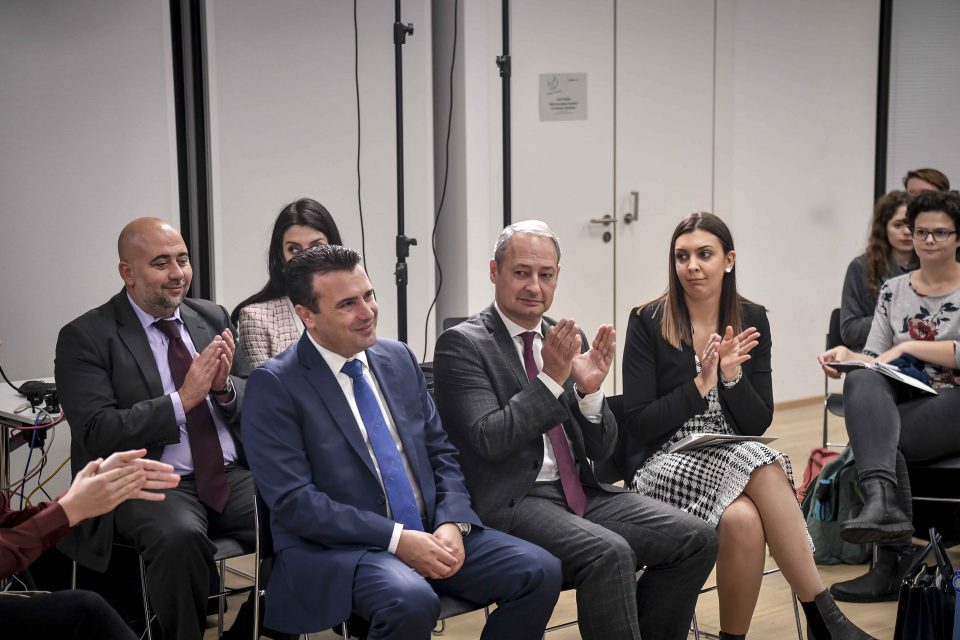If EU leaders reach Thursday or Friday a negative decision to start negotiations, or if they again decide to postpone the decision, our government will be dead, not because we are overwhelmed, the decision is not up to us, but we will lose the majority of parliament, said Prime Minister Zoran Zaev at Wednesday’s panel discussion organized by the Austrian Karl Renner Institute and the Friedrich Ebert Foundation over the EU prospects of Macedonia and domestic reform processes in Vienna.
We promised the MPs, told them to vote for the name change, the constitution, the acceptance of the agreements with Bulgaria and Greece, because the EU has promised to deliver date for negotiations, not to become a member immediately. In this regard, I believe that they will take care not to give space to third parties, and not allow radical nationalism to return to the country, warned Zaev, who added that he expects new information from tonight’s meeting between Merkel and Macron.
Commenting on Tuesday’s ministerial meeting in Luxembourg, Zaev expressed regret that EU ministers “did not have enough courage to make a decision and maintain motivation in Macedonia and Albania”.
The problem is France, we know that reforms are needed, but reforms are possible in parallel with maintaining the motivation. Otherwise nationalism, populism and radicalism will return. The Balkans have suffered a lot because of this, we have learned from it and we want to move forward to become Europeans. If they punish the best example, how will they motivate Vucic, how will they motivate Thaci in Kosovo, or how will they motivate BiH. In our region, there is also great interest from Turkey, Russia and China to penetrate Europe and be more powerful. But they do not offer us the rule of law and democracy, we have seen it and we want democracy, said Zaev.
In this context, Zaev said agents from other countries are working against freedom and democracy and against Macedonia’s NATO integration.
He added that he was not losing hope and that it was still possible to adopt a new negotiation methodology, but also to make a decision to start negotiations.




Comments are closed for this post.